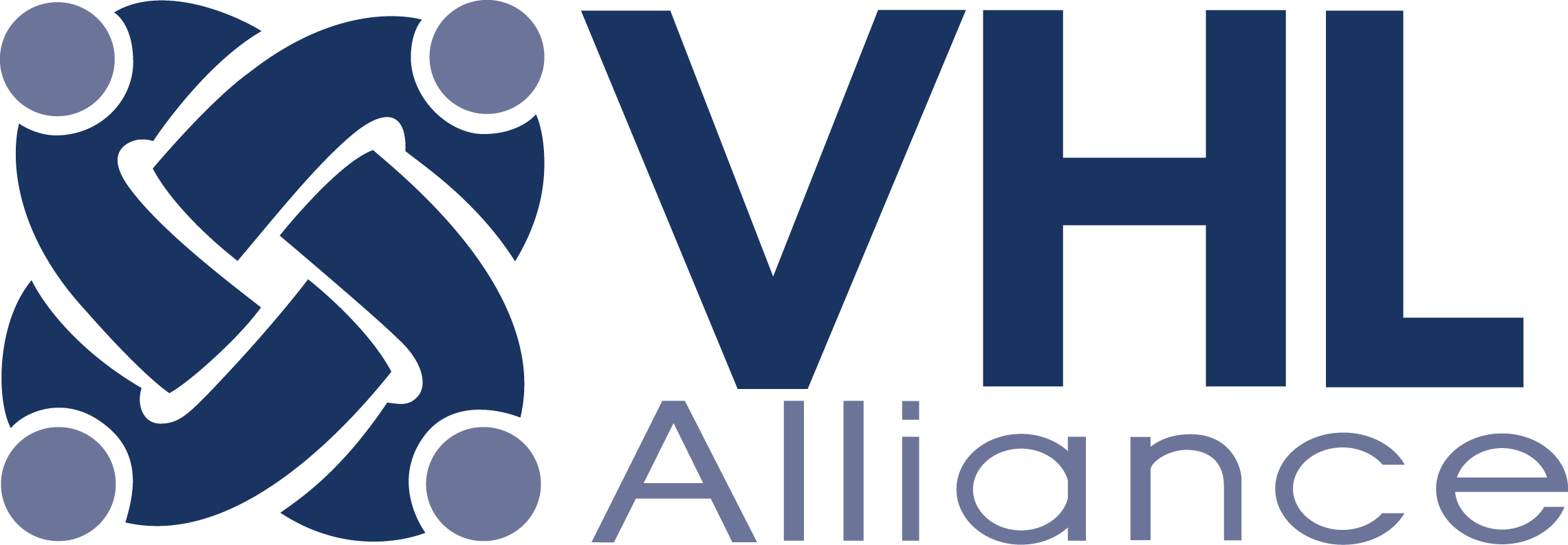- About Us
- Advertise / Support
- Editorial Board
- Contact Us
- CancerNetwork.com
- TargetedOnc.com
- OncLive.com
- OncNursingNews.com
- Terms & Conditions
- Privacy
- Do Not Sell My Information
- Washington My Health My Data
© 2025 MJH Life Sciences™ and CURE - Oncology & Cancer News for Patients & Caregivers. All rights reserved.
VHL-Related Kidney Cancer Survivor Reflects on Decades of Change for the Rare Condition

Brielle Benyon, Assistant Managing Editor for CURE®, has been with MJH Life Sciences since 2016. She has served as an editor on both CURE and its sister publication, Oncology Nursing News. Brielle is a graduate from The College of New Jersey. Outside of work, she enjoys spending time with family and friends, CrossFit and wishing she had the grace and confidence of her toddler-aged daughter.
When Joseph Heisler was diagnosed with von Hippel-Lindau disease 30 years ago, there was hardly any information on the condition. Fast forward three decades, there is an FDA-approved drug and a handbook of information available in two languages.
The day that Joseph Heisler turned 9, von Hippel-Lindau (VHL) disease entered his life when his father was diagnosed. Soon after, Joseph and his younger brother, Michael would be diagnosed, too, launching the whole family on an ongoing journey that, to-date, spans more than three decades.
“Our story is 32 years long, and we’re talking about the 20th anniversary of CURE®. So you guys haven’t been around for as long as we have in terms of a cancer story …. That’s the biggest change — there were no resources, and it starts with people scrounging and scraping for the knowledge,” Joseph said in an interview with CURE®.
In light of CURE®’s 20th anniversary, Joseph and his mother, Marirene sat down and discussed how the field of VHL has changed over the years.
VHL is a genetic condition caused by a mutation in the VHL gene. As a result, individuals with the condition can may be prone to developing tumors – some cancerous, some benign – in different parts throughout their body. There is much more knowledge and treatment for the disease today, but that was not always the case for when the Heisler family first learned about it.
“All the knowledge that we had on VHL was from the week that I spent at the Library of Congress, gathering everything that was out there because nobody knew anything about it,” Marirene said, noting that it was particularly rare for children as young as hers to be affected.
From there, Marirene started the VHL Foundation to bring families affected by VHL together with the goal of further research for the disease. The VHL Foundation eventually went on to become the VHL Alliance.
Joseph said that he had nine or 10 cryotherapy and laser procedures on his eyes, two craniotomies and is now a kidney cancer survivor. His brother, Michael, had to have his eye resected at the age of 7 — a decision their mother ensured that the child ask questions about and understand before making the call.
Now Joseph is an ambassador for the VHL Alliance, and still stresses the importance of asking questions about the rare disease — to clinicians and other patients.
“It’s really important that we are our own advocate and that we are asking questions. Being able to talk to each other is important because, quite frankly, we give each other more honest and whole questions than our doctors do a lot of the time, because it’s our life,” Joseph said.
To ensure that more patients and their caregivers can learn about VHL and ask the right questions, Joseph started a podcast about the disease called “Very Heroic Living” and worked with his mother to translate the VHL Alliance handbook into Spanish.
“Instead of being a medical manual, it’s more like a medical manual written from one patient to another, without taking away the technical vocabulary,” Joseph said. “So now everybody can be educated and aware because there’s a tremendous amount of information … this was really important for us, again, because it’s a huge change.”
Also a huge change for patients with VHL is the first-ever Food and Drug Administration (FDA) drug approval for the disease. In August, Welireg (belzutifan) was approved for patients with VHL disease who do not need immediate surgery and have renal cell carcinoma, central nervous system hemangioblastomas, or pancreatic neuroendocrine tumors.
Joseph is involved in a clinical trial for the drug, which he plans on staying on indefinitely because “they need the numbers, and I’m lucky to be on it,” he said.
“It’s pills every day, having minimal side effects that are way less than any of the side effects I’ve been through from recovering from surgery,” Joseph said.
Thanks to these advances, Joseph said he can focus on other aspects of his life, such as spending time with family, working on his podcast, learning to play guitar and — of course — helping others with VHL.
“In one way or another, the VHL Alliance is going to point people in the right direction, whether it's medically or emotionally or psychologically,” he said.
For more news on cancer updates, research and education, don’t forget to subscribe to CURE®’s newsletters here.
Related Content:




